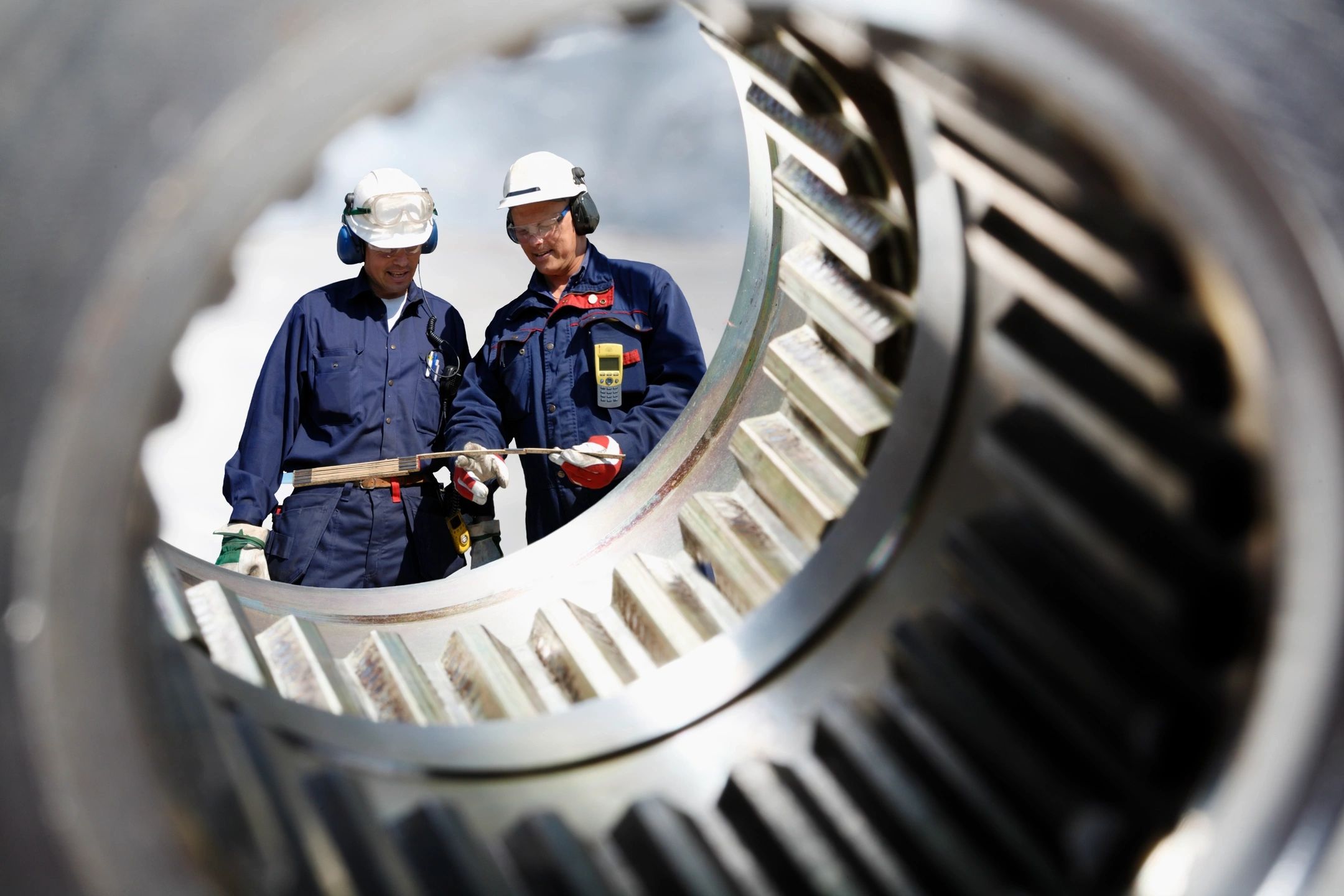The traditional family set-up of a housewife and working husband is far from the norm today. With the cost of living steadily increasing every year, most couples don’t have the luxury of staying at home to handle household chores. This means both spouses are out at work, doing their share in the workplace. Although this shows a sense of unity and progression in social roles, it also exposes twice as many people to the dangers of workplace accidents.
In the US, an average of 14 workers head to work and never get a chance to return home due to workplace accidents. This can be due to severe injuries or fatal accidents. The surviving family members of the victim should be entitled to compensation, especially if an employer is partly at fault for their death. However, this doesn’t always occur in all cases.
Understanding how death affects the workplace
Death in the workplace is far from uncommon, with the American Federation of Labor and Congress of Industrial Organizations (AFL-CIO) recording over 5,200 deaths due to workplace injuries in 2016. This amounts to an average of 3.6 deaths for every 100,000 full-time positions in the US. Although the number looks steep, it’s hardly the full picture because it doesn’t account for the 60,000 workers that die from diseases and illnesses related to their occupation. Many deceased employees are not part of these figures since their passing isn’t categorized as wrongful death. Since death is almost an everyday occurrence in America, both employers and employees must be fully aware of their rights during potential legal battles.
Knowing the responsibility of an employer during workplace accidents
When your spouse gets injured at work, their employer must have worker’s compensation insurance to pay for the damage. This includes hospital visits, treatment, and salary for missed time from work. This payout doesn’t always apply to severe injuries and deaths. However, the surviving members of a workplace accident victim can receive other additional benefits depending on some instances, such as:
- If the victim incurs serious injuries or is killed because of a defective product
- If a victim passes due to health complications from working around toxic substances in the workplace.
- If a third party or employer is the cause of the injuries and death in the workplace.
- If the victim’s employer doesn’t have workers’ compensation benefits in place for the deceased.
Although worker’s compensation should cover the situations above, it doesn’t always apply to all cases of wrongful deaths. Workplace compensation also doesn’t cover the potential losses for the pain and suffering the surviving family members experience, which is accountable by law through legal means.
Making a stand for your rights
Losing a spouse can lead to emotional and financial damage that your spouse’s employer can be accounted for. If they’re unwilling to provide for your loss, you can file a wrongful death claim against your spouse’s employer. It works on the basis of assuming the employer’s negligence or intentional action leading to your spouse’s death. You’re eligible to pursue this case in addition to the basic worker’s compensation survivor benefits you’re entitled to.
Conclusion
Workplace accidents don’t always lead to death, but it’s a threat present everywhere, regardless of your industry. Unfortunately, one person’s passing doesn’t stop other responsibilities you have to maintain. For this reason, it’s crucial to consult with a legal expert to avoid the mental and emotional challenges of defending your case.
If you need a knowledgeable accident lawyer in New York, NY, we’re the right firm to call. Our expert personal injury attorneys can defend you and your deceased spouse’s rights. Contact our team at Ronemus & Vilensky for a free consultation.
